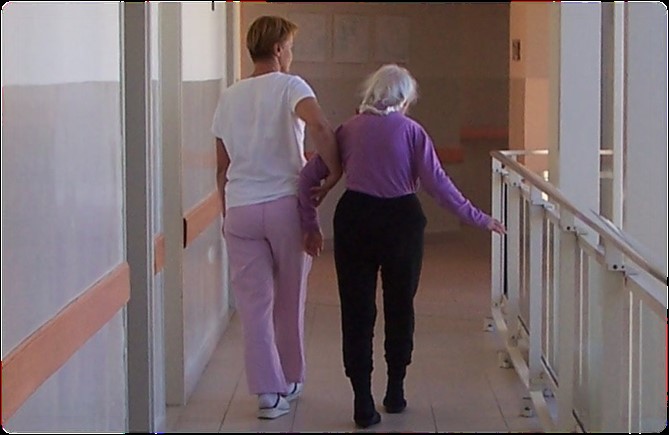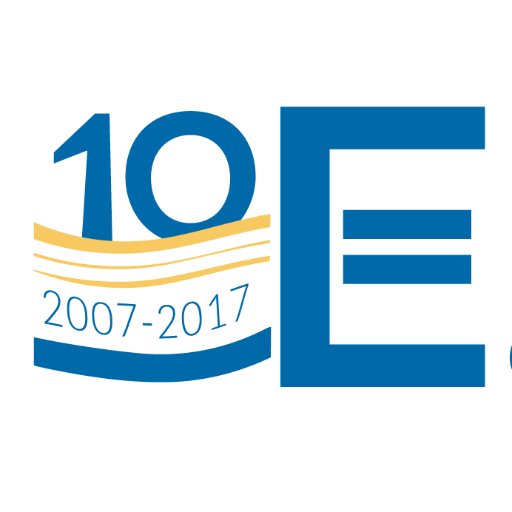On the 10th October, Equinet is organizing a conference entitled ‘Together for an Equal Europe’ to mark its 10th anniversary. The conference will bring together high-level speakers and guests from equality bodies, European institutions, international organisations, civil society, national governments and parliaments, academics; many of those with whom Equinet has worked over the years. It will take stock of the progress made and the current challenges in the field of equality, as well as the work of equality bodies in progressing equality and non-discrimination over the past decade. It will create a forum for discussion and shared visions on the perspectives and challenges ahead for equality, particularly the work of national equality bodies in a shrinking space for equality and fundamental rights.
The European Union is founded on the values of respect for human dignity, freedom, democracy, equality, the rule of law and respect for human rights, including the rights of persons belonging to minorities. Equality and non-discrimination are central to the social aspirations of the European Union and are vital for the development of better societies for all. Yet, despite clear progress made in certain areas, we live in an era when intolerance, inequality and discrimination are growing.
“Equality is a fundamental value of the EU, and the European Network of Equality Bodies is a fundamental part of defending our values against attack and our citizens against discrimination,” according to First Vice-President of the European Commission, Frans Timmermans.
European equality legislation, if properly implemented and enforced, can counter forces of intolerance, inequality and discrimination. It reflects the core value of equality by ensuring the basic principle of equal treatment, and supporting and protecting people who face discrimination. Member States were required to implement the Racial Equality Directive (2000/43/EC), and the Gender Equal Treatment Directives (2006/54/EC and 2004/113/EC) by establishing or designating an equality body to carry out the competences assigned by this equality legislation.
Equality bodies are on the front line in the work of promoting equality and combating discrimination. They can hear and decide cases of discrimination; provide assistance to victims of discrimination; research, survey and report on discrimination issues; promote good practice for equality; and contribute to an awareness of rights and a societal valuing of equality. They have developed practical experience and expertise in their implementation of equal treatment legislation in their country. At a European level, the combined and diverse learning from the work of the various equality bodies has a valuable contribution to make to promoting equality and combating discrimination, as well as to the mainstreaming of non-discrimination and equality in all policy areas.
Equinet was set up to facilitate these important exchanges and to provide a platform for peer learning for equality bodies. Co-funded by the European Commission and Equinet’s member organisations, Equinet has enjoyed a good and close working relationship with EU institutions and agencies since it was established in 2007. Equinet provides a first point of contact at European level for information relating to equality bodies. Equinet facilitates engagement with national equality bodies across Europe and shares their expertise, experience and recommendations to contribute to the development of equality and nondiscrimination policy and law.
Since Equinet was set up, the impact of the economic and financial crises and the responses to these have made for a complicated context for the goals and work of equality bodies. While some equality bodies have been supported in their work, others have had their effectiveness threatened by significant reductions to their resources. The independence of other bodies has been challenged on the back of political interventions. Some have experienced mergers with other institutions that hold a different remit, which at times has challenged the sustained capacity and impact for the equality mandate. These developments have affected the capacity of some equality bodies to realise their full potential. This is ultimately a loss for the societies within which they work. It undermines the impact and full implementation of EU laws for the benefit of all at national level.
In order to strengthen support for equality bodies and the realization of their potential, in 2016 Equinet launched a call for European standards on independence, effectiveness, functions & powers for equality bodies. The Working Paper on Developing Standards for Equality Bodies outlines the parameters that any such standards would need to cover. This is so important because, as Nils Muižnieks, Commissioner for Human Rights at the Council of Europe points out, “adequately resourced and independent Equality bodies can achieve societal change for a more equal and inclusive Europe.”
 Ombudswoman Submits Report 2023 Annual Report to the Croatian Parliament
Ombudswoman Submits Report 2023 Annual Report to the Croatian Parliament The Importance and Impact of Political Discourse in the Pre-Election Period
The Importance and Impact of Political Discourse in the Pre-Election Period International Conference Marks End of the Project on the EU Charter on Fundamental Rights and the Rule of Law
International Conference Marks End of the Project on the EU Charter on Fundamental Rights and the Rule of Law Parliamentary Committee on Human and National Minority Rights Votes in Favor of the Ombudswoman’s 2022 Annual Report
Parliamentary Committee on Human and National Minority Rights Votes in Favor of the Ombudswoman’s 2022 Annual Report World Homeless Day – Invisible, but also Forgotten?
World Homeless Day – Invisible, but also Forgotten? Ombudswoman to Issue Special Report on the Human Rights of Older Persons
Ombudswoman to Issue Special Report on the Human Rights of Older Persons


